Having more rare breed livestock goes “hand in hand” with reaching agriculture’s climate targets, according to Irish Rare Breeds Society (IRBS) chair Matthew English Hayden.
Speaking at the society’s annual conference in Carlow on Friday, English-Hayden suggested that because of this, the “wind is blowing in the right direction” for rare breeds, with numbers increasing.
Native breeds, such as Droimeann cattle and Galway sheep, he said, have seen a boost due to their inclusion as a payment measure under ACRES.
“The phone never stopped ringing. I could have sold any amount of [Droimeann] heifers at a nice price to people from all over the country,” he said.
Major loss
English-Hayden argued it was a “major loss” to agriculture to see native breeds, such as the Droimeann cow (bred to thrive in the Irish climate), decline in favour of breeds that require high inputs, such as the Friesian or Jersey.
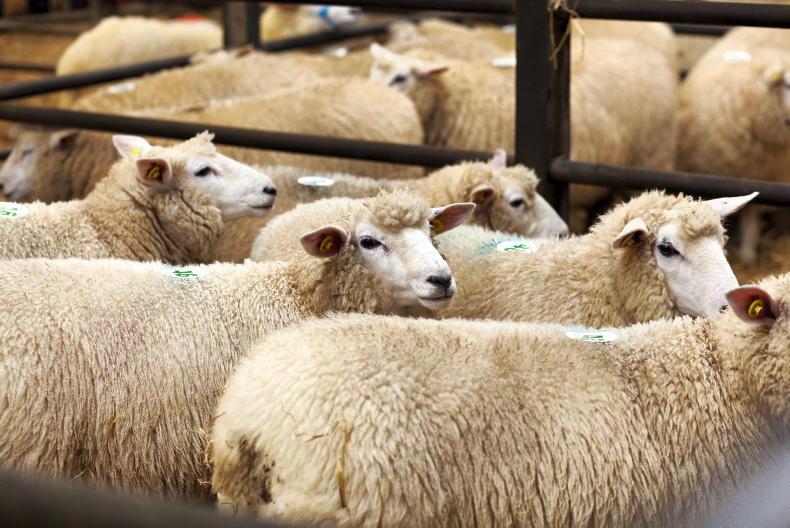
Rare breeds such as the Galway sheep have seen a boost due to ACRES, says IRBS. / David Ruffles
However, he added that such native breeds could return to prominence through crossbreeding for the commercial market, with benefits to be gained through hybrid vigour.
Using rare breed genetics will create more “natural efficiency” in turning grass into meat and milk, rather than with “big houses, big machinery and heavy concentrate feeding”, he said.
Read more
Native Irish livestock breeds at ‘severe’ risk - report
Having more rare breed livestock goes “hand in hand” with reaching agriculture’s climate targets, according to Irish Rare Breeds Society (IRBS) chair Matthew English Hayden.
Speaking at the society’s annual conference in Carlow on Friday, English-Hayden suggested that because of this, the “wind is blowing in the right direction” for rare breeds, with numbers increasing.
Native breeds, such as Droimeann cattle and Galway sheep, he said, have seen a boost due to their inclusion as a payment measure under ACRES.
“The phone never stopped ringing. I could have sold any amount of [Droimeann] heifers at a nice price to people from all over the country,” he said.
Major loss
English-Hayden argued it was a “major loss” to agriculture to see native breeds, such as the Droimeann cow (bred to thrive in the Irish climate), decline in favour of breeds that require high inputs, such as the Friesian or Jersey.

Rare breeds such as the Galway sheep have seen a boost due to ACRES, says IRBS. / David Ruffles
However, he added that such native breeds could return to prominence through crossbreeding for the commercial market, with benefits to be gained through hybrid vigour.
Using rare breed genetics will create more “natural efficiency” in turning grass into meat and milk, rather than with “big houses, big machinery and heavy concentrate feeding”, he said.
Read more
Native Irish livestock breeds at ‘severe’ risk - report





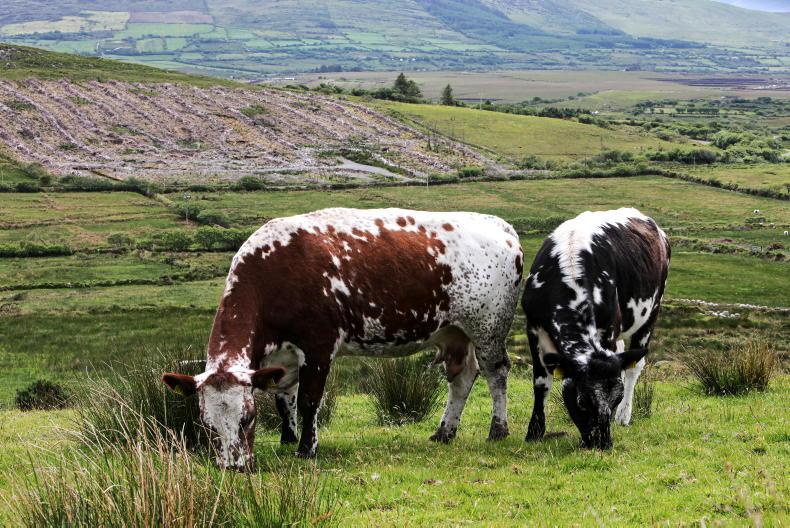
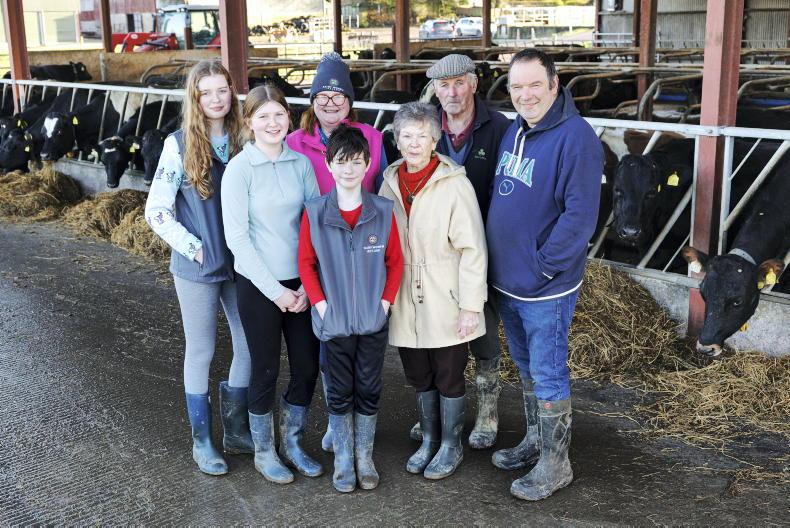

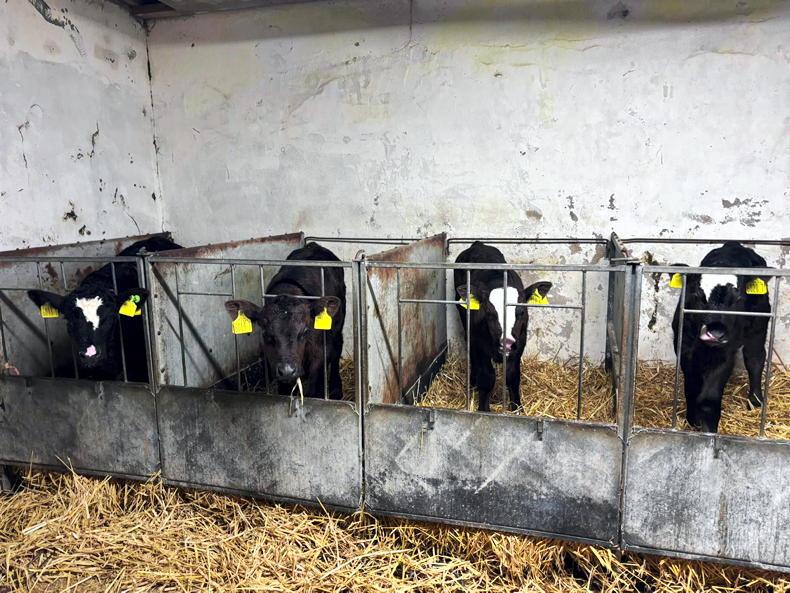
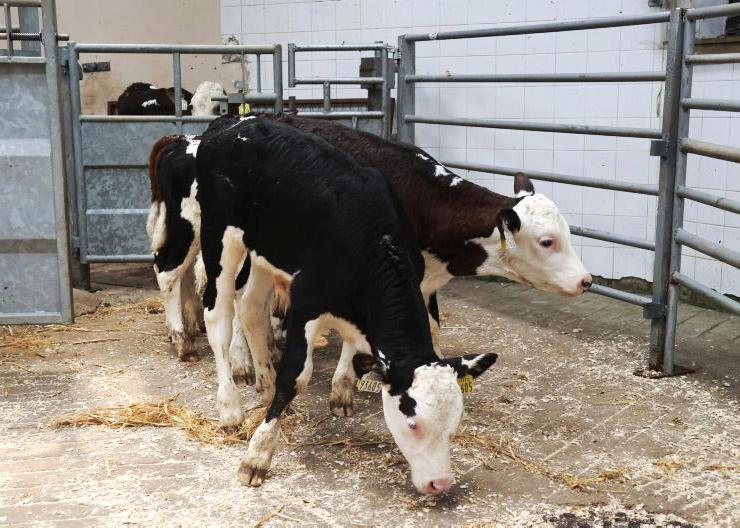
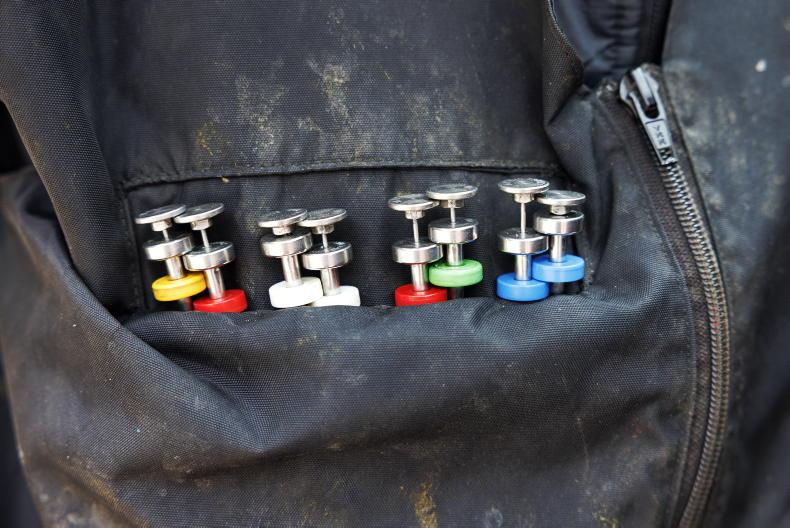
SHARING OPTIONS